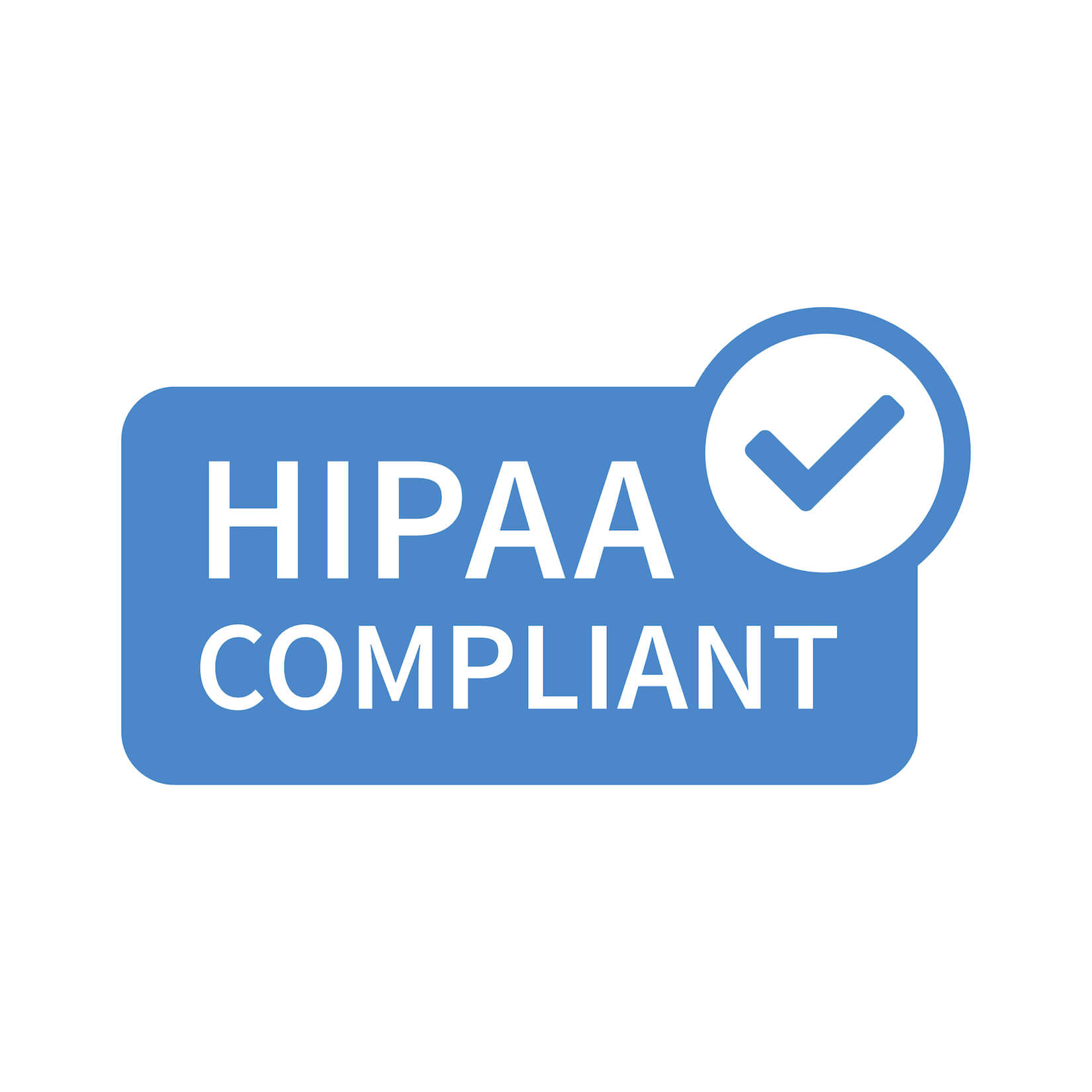The Health Insurance Portability and Accountability Act (HIPAA) is a healthcare safeguard that ensures patients’ information is confidential, secure, and maintained with the integrity of healthcare professionals. When it comes to patient and provider communications, maintaining HIPAA is an essential factor to consider, primarily through physical mail.
As physical mail falls into many people’s hands during the delivery process, it’s important to understand what makes mail HIPAA compliant and how healthcare providers and vendors are taking extra steps to secure your information and avoid potential privacy breaches. Here, we will look at all the factors that are taken into consideration when sending HIPAA-compliant mail.
Traditional Mail and PHI
While email is becoming the preferred method of communication for healthcare providers and patients, traditional mail is still a vital tool for statements, appointment reminders, and other information. However, HIPAA regulations don’t explicitly endorse email as part of the Protected Health Information (PHI) exchange due to its lack of security features. This makes traditional mail the best alternative for maintaining patient privacy and confidentiality.
With specific standards and procedures for secure mailing in place, the US Postal Service (USPS) can maintain a higher level of control than email communication. HIPAA doesn’t guarantee the highest level of security and confidentiality of PHI-related documents and information. However, healthcare providers and their mailing vendors can implement safeguards and new technology to provide the best security measures for patients and minimize the risk of privacy breaches.
What Makes Mail HIPAA-Compliant?
HIPAA-compliant mail practices should be in place from the moment contents are created to the delivery of information. Specific considerations are put into place to ensure the protection of PHI:
Physical Safeguards: HIPAA requires all parties handling sensitive information to implement physical safeguards to protect PHI during handling and transport. To minimize the chances of PHI breaches or misplacement, documents and information should be stored in secure areas, locked in secure containers or cabinets, and accessible only by authorized personnel.
Addressing: Providers and authorized parties must ensure that recipient addresses are accurate and complete. Packaging and envelopes should only display the minimum necessary information to identify the intended recipient. Private medical information, such as medical conditions or treatments, should be kept within the envelope.
Content: Mailing items should include only essential information needed for communication. Medical documents typically exclude complete medical records unless absolutely necessary.
Secure Packaging and Transmission: Secure mailing practices such as sealed security envelopes are used in the mailing process to prevent unauthorized access during transit. Documents should not be visible through the envelope and should be secured in a way that keeps information private.
Tracking and Delivery: Standard mail is strictly prohibited for PHI. Standard mail allows anyone to access the mail’s contents, putting patient confidentiality and privacy at risk. HIPAA mandates using First-Class Mail, which maintains a higher level of security and tracking. Certified Mail is another option recognized by HIPAA for highly sensitive information and offers return receipts with proof of mailing and delivery.
Mailing Procedures and Authorization: In some cases, HIPAA may require patient authorization before sending PHI in the mail. Typically, this consent is established between the patient and provider. Once PHI is authorized for mail, HIPAA procedures and policies are in motion to ensure the safe handling, addressing, and sending of documents.
While providers and mail carriers do all they can to maintain patient confidentiality, HIPAA extends beyond the delivery of information and is a holistic approach. Documents and envelopes containing PHI can effectively be disposed of by shredding and destroying all evidence of information. If third-party vendors are involved in the delivery process of PHI, a formal agreement must be made about PHI security and the handling of information.
How HIPAA-certified Statement Printing and Mailing Services Can Help
Managing HIPAA-compliant practices in-house can be time-consuming. By utilizing HIPAA-certified statement printing and mailing services, comprehensive solutions can streamline secure delivery practices and maintain HIPAA compliance.
Statement printing and mailing services utilize their expertise and printing technology to ensure that documents are carefully printed and handled carefully. Secure facilities and data encryption add extra layers of security when transmitting sensitive documents for printing, minimizing the risk of information breaches.
By outsourcing statement printing and mailing to third-party vendors, healthcare professionals can reduce the burden on their administration and ensure that all mail is HIPAA-certified with real-time tracking and reporting capabilities.
Stay Compliant With SmartPayables
HIPAA is a constantly evolving regulation that requires knowledge of the most recent updates and best practices for maintaining patient confidentiality. HIPAA compliance starts with balancing security and practicality within your administration. Outsourcing PHI printing and delivery to a HIPAA-certified printing and mailing vendor can reduce your administrative workload so that you can continue giving patients the best care possible.
Stay compliant with SmartPayables. As a HIPAA-certified printing and mailing service, we ensure the utmost security and protection per applicable laws and regulations. Contact us to discover what SmartPayables can do for you and your patients.
Founded in 2005, Smart Payables offers a full range of accounts payable payment solutions including outsourced check printing and mailing, document and statement printing and mailing, ACH direct deposits + more. Our highly experienced software developers and intelligent printing teams specialize in secure, enterprise-grade payment options that are HIPAA, SOC 1 Type 2, and ISO compliant. Our mission is to help businesses and large organizations implement secure, innovative technology that will reduce overhead and improve business operations and capabilities.


